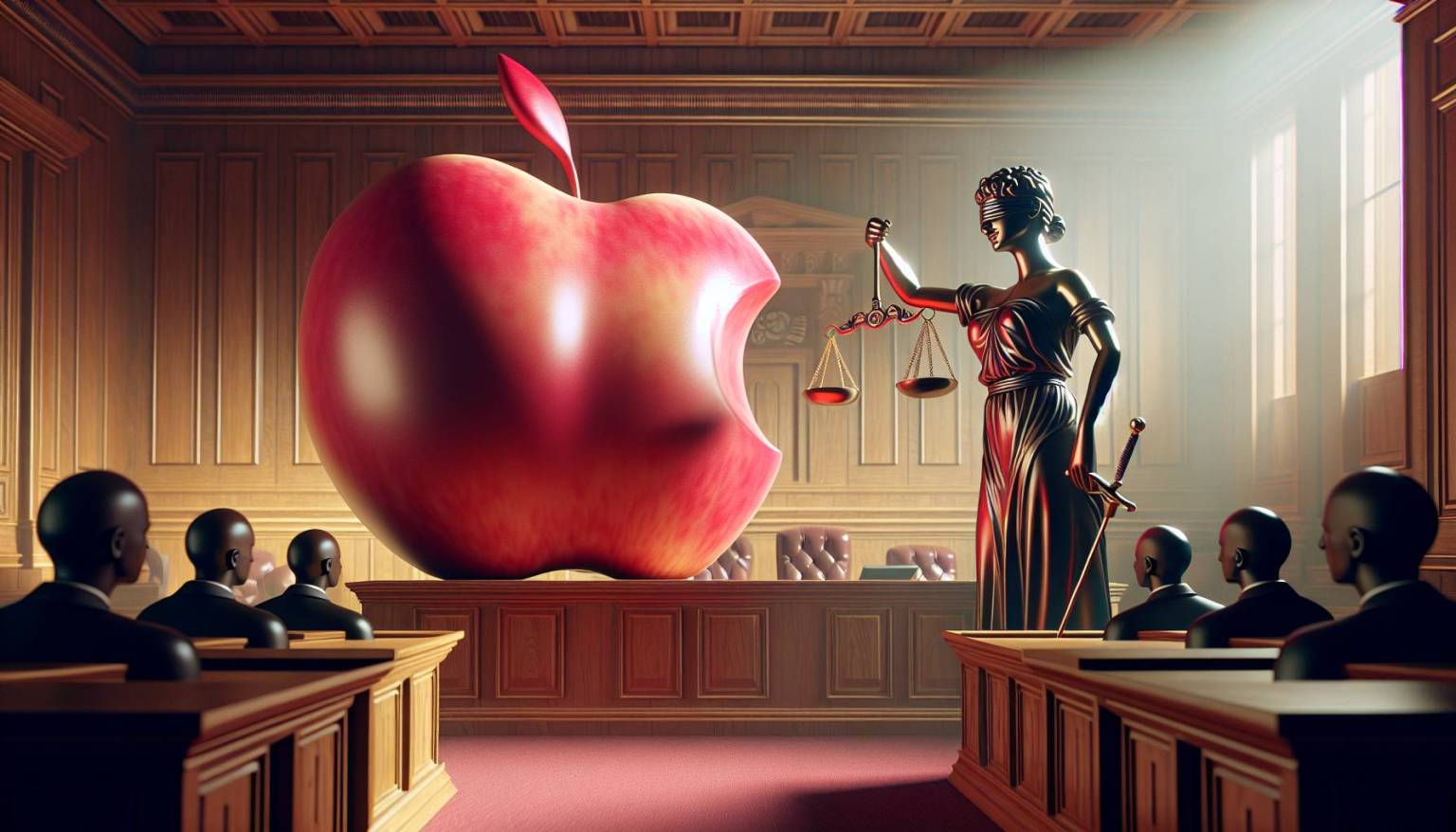Apple Inc. is fervently pushing back against a lawsuit from the Department of Justice (DOJ) and 16 state attorneys general who accuse the company of monopoly practices. The tech giant sees the lawsuit as an attempt to enforce Android-like characteristics onto its iPhone’s distinct properties.
Apple emphatically denies these allegations, arguing that monopolistic habits are not consistent with the company’s culture. They see the suit as an unfair attempt to impose Android-like features onto their unique iPhone characteristics and are firm in their commitment to protect their products’ individuality.
The lawsuit hinges on the DOJ’s assertion that Apple has monopolistic control of vital points within its groundbreaking mobile ecosystem. If this argument holds, Apple might be forced to integrate Android-like features into iPhones, a change that Apple strongly resists.
Supporting the DOJ, state attorneys general assert that Apple controls more than 70% of the high-performance smartphones market and over 65% of the US smartphone sector. They view this as a monopoly. Apple refutes these claims, insisting its success stems from superior product quality and excellent customer service rather than monopolistic control.
Despite these denials, the DOJ continues to explore potential antitrust violations. This scrutiny indicates the ongoing tension between regulators and significant tech firms in the current digital era.
Apple underscores its pivotal part in the surge of a thriving apps market for both consumers and developers. They note a massive growth of paid developers on the App Store within the past decade – by 374% – and increased developer-generated revenue.
Apple remains concerned that the lawsuit may undermine its products’ unique identity and quality. Backers of the suit include Epic Games, Spotify, Match Group, and Basecamp, who Apple suspects are seeking to gain unrestricted access to its customer base. The company believes such a move would endanger its security ecosystem, leading to an uptick in app piracy and degradation of app quality.
Apple maintains that its App Store rules ensure excellent service, privacy, and security for its users. They argue that they are not legally required to create technologies advantageous to competitors. Apple warns that the lawsuit might tarnish the unique iPhone experience beloved by its users, an element it believes is overlooked in the DOJ’s suit.

